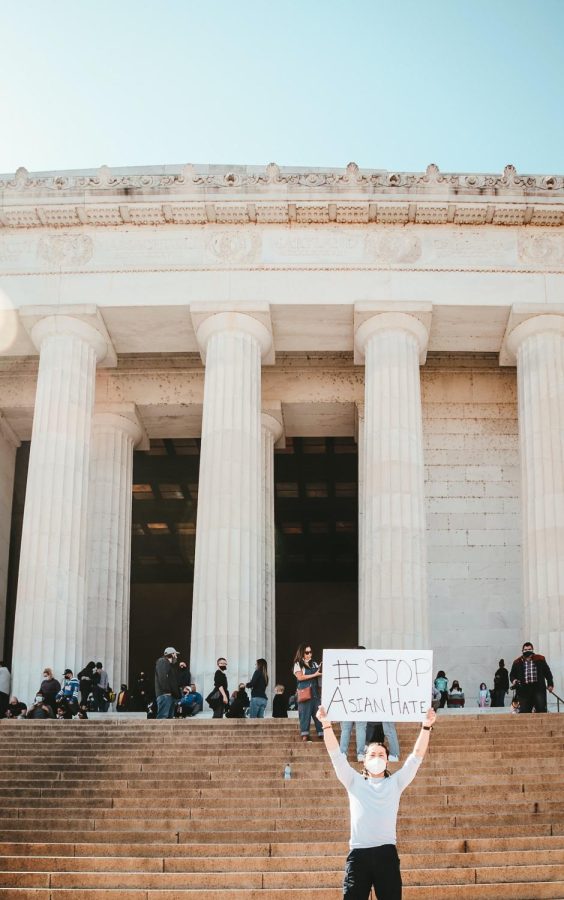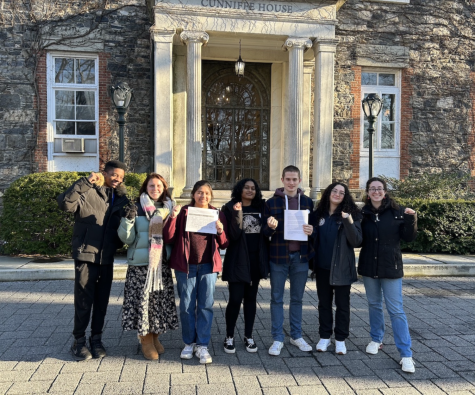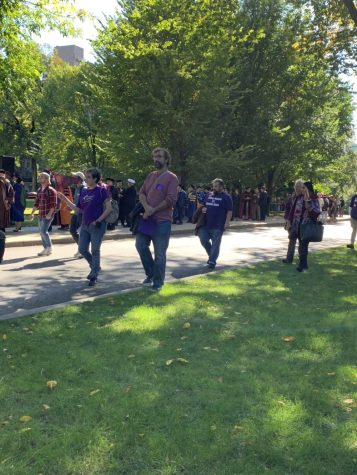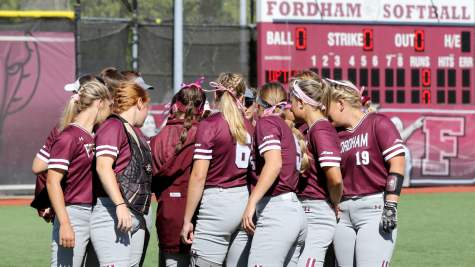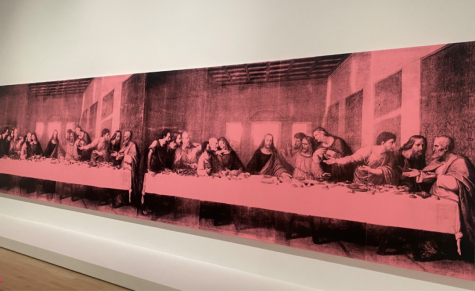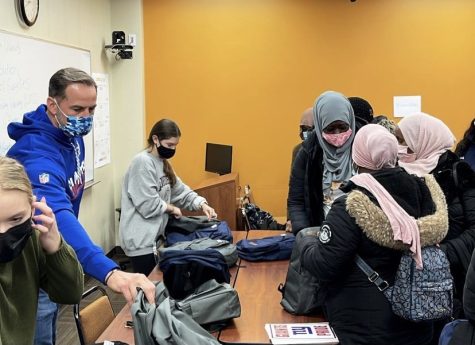A Rise in Anti-Asian American Hate: A Fordham Perspective
Anti-Asian hate has been on the rise since the outbreak of the COVID-19 virus in 2020.
Feb. 1 marks the beginning of the Lunar New Year, celebrated by many Asian countries, provoking necessary reflection within the Fordham University community.
In the past year, many Asian Americans have experienced a significant amount of racism — in March 2021, Rev. Joseph M. McShane, S.J., president of the university, commented on a then-recent rise in anti-Asian hate crimes, stating that “the university condemns in the strongest possible terms the use of hateful rhetoric and violence against people of Asian descent.” This was the first statement the university made against the prejudice and xenophobia triggered in March 2020.
This statement was both expected and necessary. According to NBC News, the FBI reported a 73% increase in anti-Asian hate crimes, which is a “disproportionate uptick” in comparison to hate crimes overall. The numbers have risen dramatically because of the COVID-19 pandemic, which originated in Wuhan, China, and subsequently ravaged the world. Western media, especially American media, quickly blamed China for this mass illness and death. Ever since COVID-19 was given the misnomer “China flu” or “Wuhan virus,” Asian Americans of all ethnicities have carried the burden of this character assassination.
In early 2021, the slogan “Stop Asian Hate” began to garner media attention as discrimination against Asian Americans continued to rise. The campaign sprouted from a number of different attacks against Asians, but particularly the death of Thai man Vicha Ratanapakdee, who was pushed to death in broad daylight, and the shootings at three Atlanta spas, which resulted in the death of seven Asian women. CNN reported that the former was provoked by race and the latter, although not officially named a hate crime, featured the attacker stating he wanted to “kill all Asians.”
Since their last statement, Fordham has not spoken publicly on the continued rise of anti-Asian sentiment. The new year brought the tragic death of Michelle Go, an Asian woman who was pushed in front of a train in the Times Square subway station, resulting in her death. Go’s death has sent new shockwaves throughout the Asian community, particularly in New York, where the wound remains raw and reality is harsh: persecution against Asian Americans is not stopping any time soon.
When asked to comment, Robert Fitzer, director of public safety, spoke on the matter, stating that “there is no place for any kind of hate at Fordham University,” reinforcing the president’s previous statement.
Unfortunately, reports to the university have shown that over the timeline of the pandemic, seven individuals who identify as Asian have reported crimes against them, both at Rose Hill and Lincoln Center.
Arthur Ze An Liu, FCRH ’23, president of Ascend and Asian Cultural Exchange, and a Cultural Programming Coordinator of Rose Hill’s AAPI Committee, spoke on the issue. “These continued acts of violence stoke fear and anxiety in the entire New York City Asian community, not just Fordham,” said Liu.
“However, Fordham is a PWI with a relatively small Asian and AAPI population, which means that members of the Asian community might be less likely to find sympathy … with their non-Asian peers.”
Though the university has prioritized diversity and most recently published statistics stating an 19% increase in Asian students offered admission, Fordham’s position as a predominantly white institution in a low-income community has always placed it at a disadvantage. This has been exacerbated by its smaller AAPI student population in which Liu describes “almost all club members have experienced some form of racism… on or off-campus.”
Although the pandemic can be blamed for the rise in overt racism and violence, studies show that much of it can be attributed to “long-standing anti-Asian biases in U.S. society,” as per NBC News.
Fordham has a responsibility to prevent these long-standing biases from permeating the university’s gates and “conversations like these are the first step to tackling the problem,” said Liu. “Conversations allow people from all backgrounds to provide their unique insights into the issue” and, hopefully, will raise awareness for an issue that too many are guilty of ignoring.
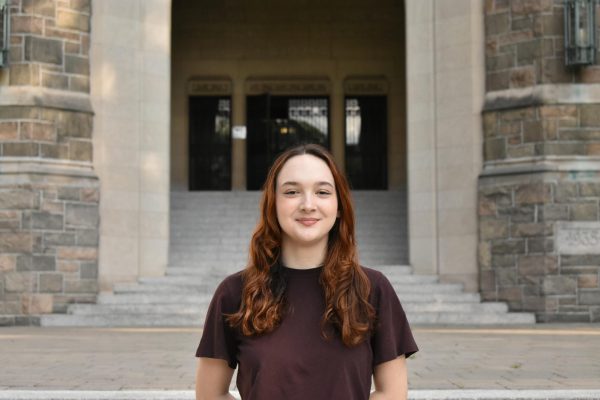
Samantha “Sam” Minear is a senior from Long Branch, N. J., majoring in international studies and communications. She started as a contributing writer...





































































































































































































